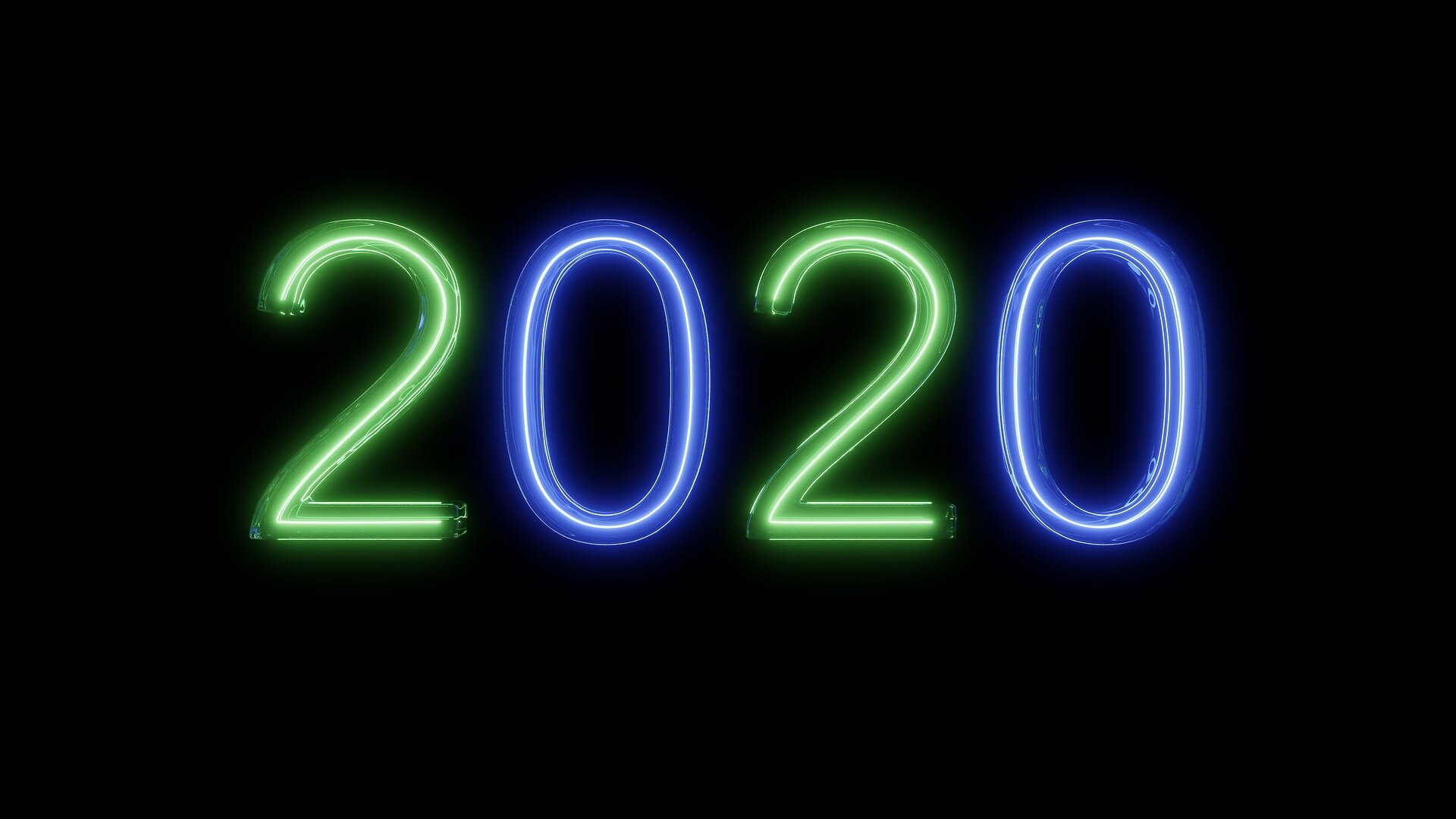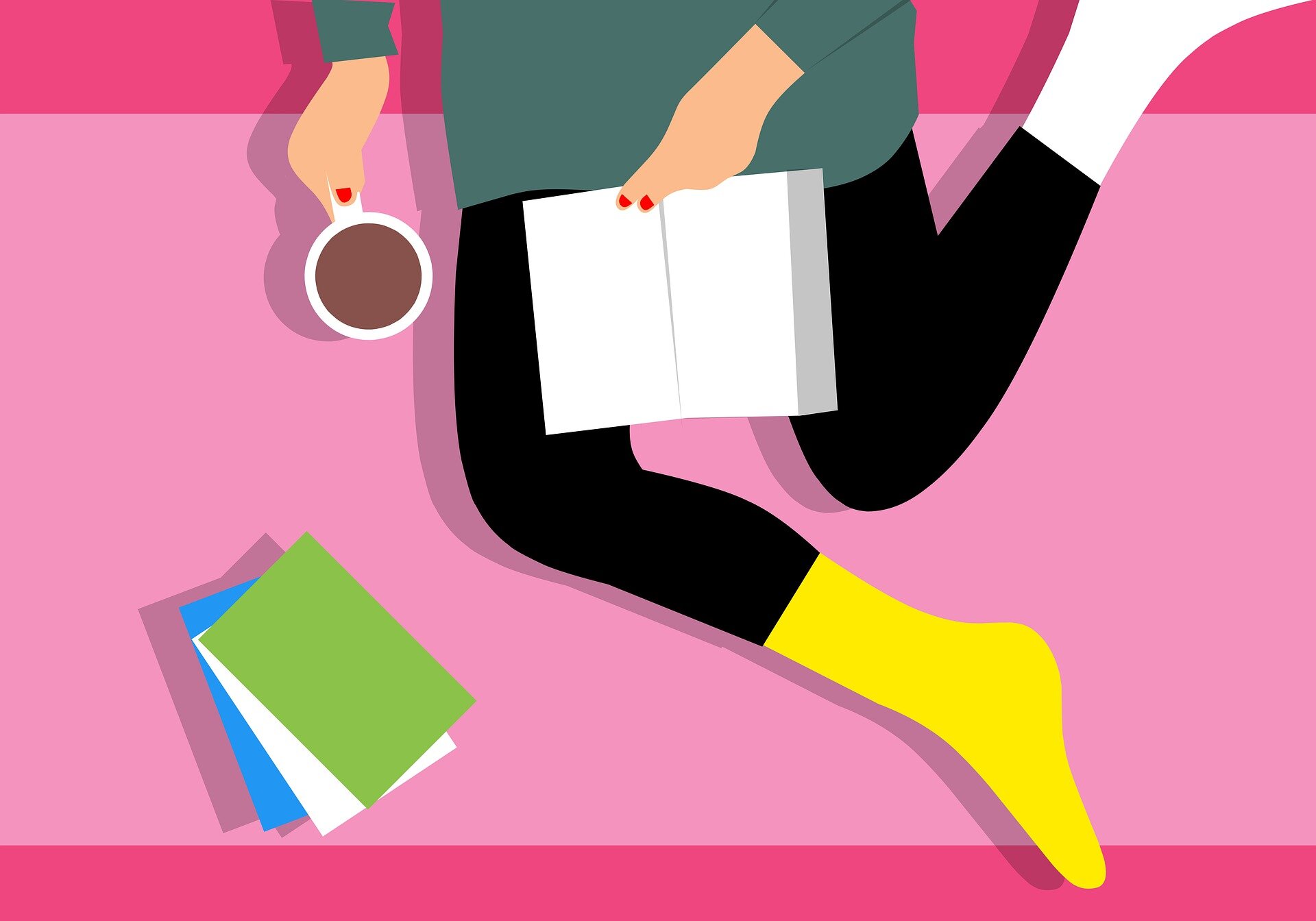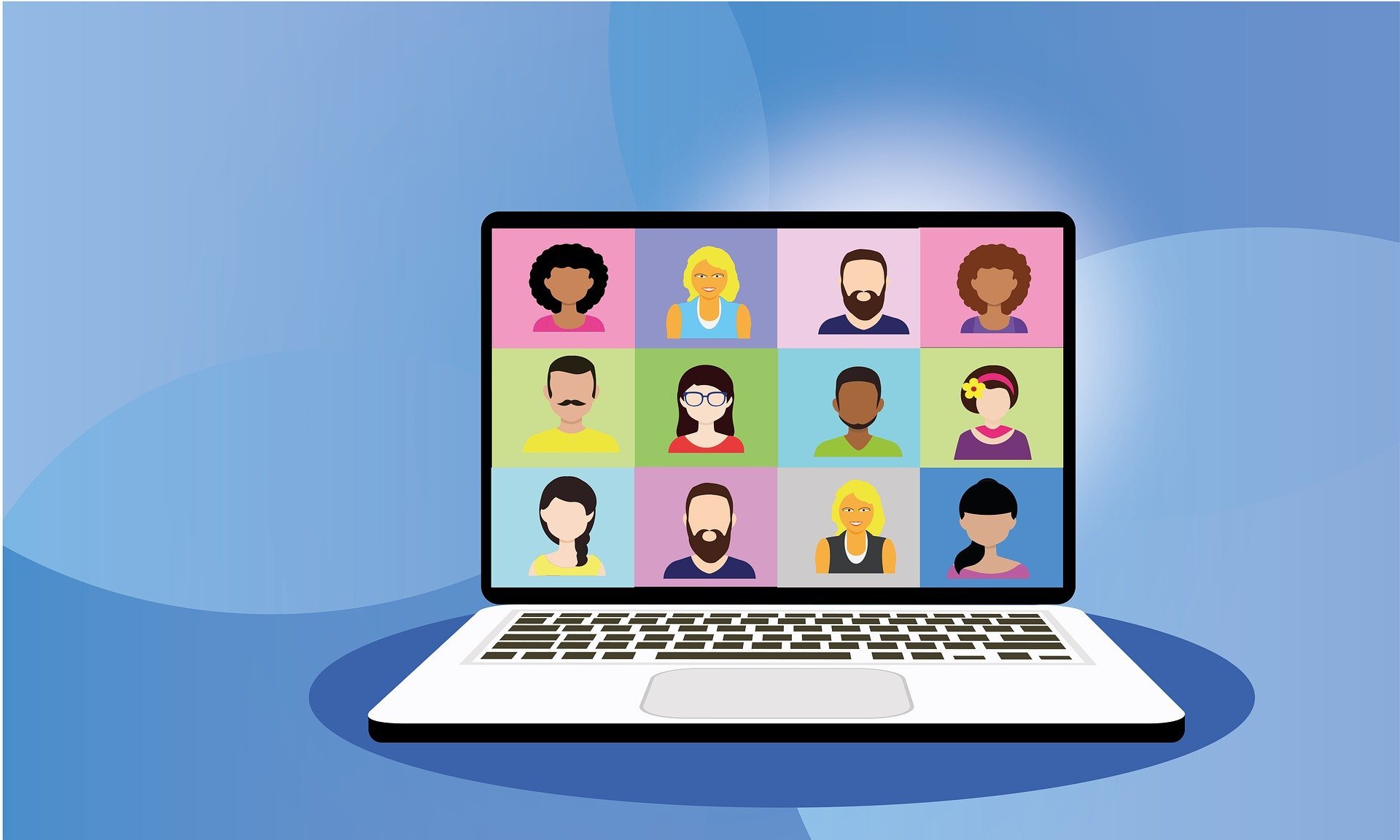2020, A Year in Review: Difficulties Being-in-the-World, New Ways of Being-with-Others
The 20th-century German philosopher Martin Heidegger invented a new term for human beings and the human condition: “Dasein,” or, in English, “Being There.” According to Heidegger in his best-known work, Being and Time, human beings, or Daseins, have at least two essential aspects, what he called “In-der-Welt-sein” (or “being-in-the-world”) and “Mitsein” (“being-with” or “being-with-others”).
We humans—we Daseins—are not merely disembodied consciousnesses locked in the prisons of our own minds; we are beings-in-the-world whose connection to the objects of care and our various projects and activities in the so-called external world are an essential part of our identity. Moreover, our identities are shaped by our relation with others, with the people we love, care about, interact with, share our time and space with, and with whom we cohabit this Earth together—hopefully authentically without the masks we 21st-century humans so often wear for each other in public and on social media.
Part of the reason that 2020 has been such a difficult year, aside from the obvious troubles and suffering from the COVID-19 coronavirus pandemic, is that the pandemic has messed with both of these aspects of our nature as humans and as Daseins—our sense of being-in-the-world (in-der-Weld-Sein) and our sense of being-with-others (mitsein). As many people around the world have had to quarantine, they have been disconnected from their worldhood and worldliness. They are no longer cosmopolitan citizens-of-the-world but provincial outcasts, immigrants, and strangers in a strange land—to borrow a phrase from the biblical book of Exodus—even in their own cities and hometowns. We Daseins have been cut off from many of the activities and places in the external world that we normally pursue and inhabit—from our workplaces and recreational facilities to our watering holes of choice and our educational institutions. We have become disconnected from the world, and many of us have retreated within our homes and within our own pre-Heidegerreian Cartesian selves.
One would think that the upheaval of our Heideggerian sense of being-in-the-world would have a similarly disruptive effect on our sense of being-with-others, and it certainly has for the traditional ways of being with others that we associate with all of the public places I just mentioned. Yet a not-terribly-surprising result, given Dasein’s innate creativity and adaptiveness, has been the flourishing of new ways of connecting with others in response to the impossibility of more traditional ways during the pandemic. Many of these new forms of Mitsein, of being-with-others, are technological in nature, which almost certainly would have delighted Heidegger himself given his own interest in the phenemonology of technology as it relates to our sense of being-in-the-world.
We Daseins of 2020 have held countless Zoom meetings with our coworkers and families, attended online classes with synchronous Zoom class sessions; made each other laugh with the now-popular memes dissing on the year 2020 itself; cried with our dying loved ones by remote as we watch them take their last breaths (again, over Zoom, in all likelihood); written blog posts, emails, text messages, and social media messages to our fellow Daseins from afar with whom we long so deeply to connect when we are feeling isolated; and countless other forms of being-with-others by remote too numerous to describe. It is only a slight overstatement to say that Zoom has even preserved our sense of Mitsein—of being-with-others—in a time of radical disconnect, the dismantling of our sense of being-in-the-world during this global pandemic.
Many of us 2020 Daseins have also found new ways of reinforcing our decaying sense of being-in-the-world by injecting our lives with meaning through our smaller-scale projects and activities at home instead of out there in the world at large. People have taken up countless new hobbies and projects, everything from cross-stitching to ham radio, from cooking new recipes to finally getting around to painting along with Bob Ross on his posthumous YouTube channel. (Can’t you just imagine Bob Ross smiling from heaven at this simple joy of painting, to use the title of Bob Ross’s television show, The Joy of Painting, from decades ago, even amidst all the sadness and suffering of this past year?)
We Daseins are marvelously resilient. We manage to overcome our disconnection from the world and from each other through countless new forms of subjective meaning—with the new forms of connecting with the world and with each other, and in the novelty of the individual projects we have taken up over this past year—in ways that would have made even Sisyphus smile, as Albert Camus suggested Sisyphus (and all of us) must when faced with the absurdity of human life (cf. The Myth of Sisyphus by Albert Camus). What else can we do in light of so much death, suffering, and disconnection taking place in the world around us but find new activities to pursue, new ways to feel grounded in the world, and new ways of caring for and connecting with each other—to find our own sense of meaning and purpose in light of the terrible things going on around us?—a feature of humanity that holocaust survivor and psychiatrist Viktor Frankl understood all-too-well and described in his well-known book, Man’s Search for Meaning. In times of tragedy, in times of social upheaval, in times of radical disconnect, we humans—many of us, at least—find our own meaning and find new ways of connecting with each other and with the world, whether subversively or through new forms of connecting as the traditional ways can no longer be pursued.
Each of us has dealt with the challenges of 2020 and of the coronavirus pandemic in our own unique and subjective ways, but across the board we humans have found ways of connecting with the world to feel grounded while the world has shifted beneath our feet, and of connecting with our fellow Daseins, whether technologically from afar or on a smaller scale at home with our own families and friends:
Board games have been played that wouldn’t have been played otherwise.
Conversations with friends old and new have taken place that wouldn’t have taken place (by Zoom or otherwise).
Countless blog posts and journal entries have been written that might not have been written.
New recipes have been cooked at home that would have remained relegated to cookbooks only read but never actually used.
Hobbies have been taken up and countless new skills have been learned.
YouTube and TikTok channels, and various other forms of new media have flourished.
We have connected with each other remotely and technologically in new ways that seem socially deficient to traditionalists but which are praiseworthy and beautiful in their own right for their innovativeness and efficacy at keeping us connected, Mitsein and in-der-Weld-sein—being-with-others and being-in-the-world—a renaissance of the human spirit even in the face of its radical suppression. And we have reground ourselves on our own two feet, remaking our place in the world in countless new ways, at home or in the world with whatever coronavirus masks best express the Dasein within that refuses not to be seen.
It is too soon yet to tell which off these new forms of connecting with the world and connecting with each other will continue into 2021 and beyond, and in which ways we will revert to more traditional forms of being-in-the-world and being-with-others. Regardless, though, we contemporary Daseins and the Daseins of the tomorrow will undoubtedly continue to find new ways of connecting no matter what crises or disconnects await us in the remainder of the 21st century. We will carve out our niche in the world, whether at large or in our own small circles at home. And we will connect with others, either in the coffee shops and watering holes to be rebuilt or with the communication tools and new media of the present age—or those yet to be invented.
Daseins refuse to be disconnected, and we refuse to languish in meaninglessness or disconnectedness when there is so much new meaning to be discovered within ourselves, with each other, and with each new project, activity, hobby, or purpose we take up for ourselves to pursue. We are the meaning-makers, the manufacturers of subjective purpose, the bringers of connectivity and togetherness. And no measly pandemic could ever fully break us or take these qualities away from our human spirit—our worldhood and our togetherness.
For Further Reading:
Being and Time by Martin Heidegger
The Myth of Sisyphus by Albert Camus
Man’s Search for Meaning by Viktor Frankl









